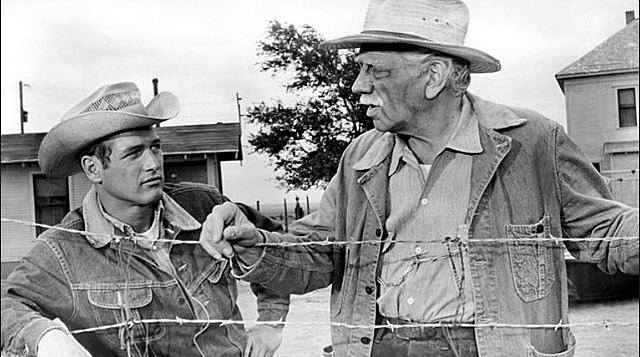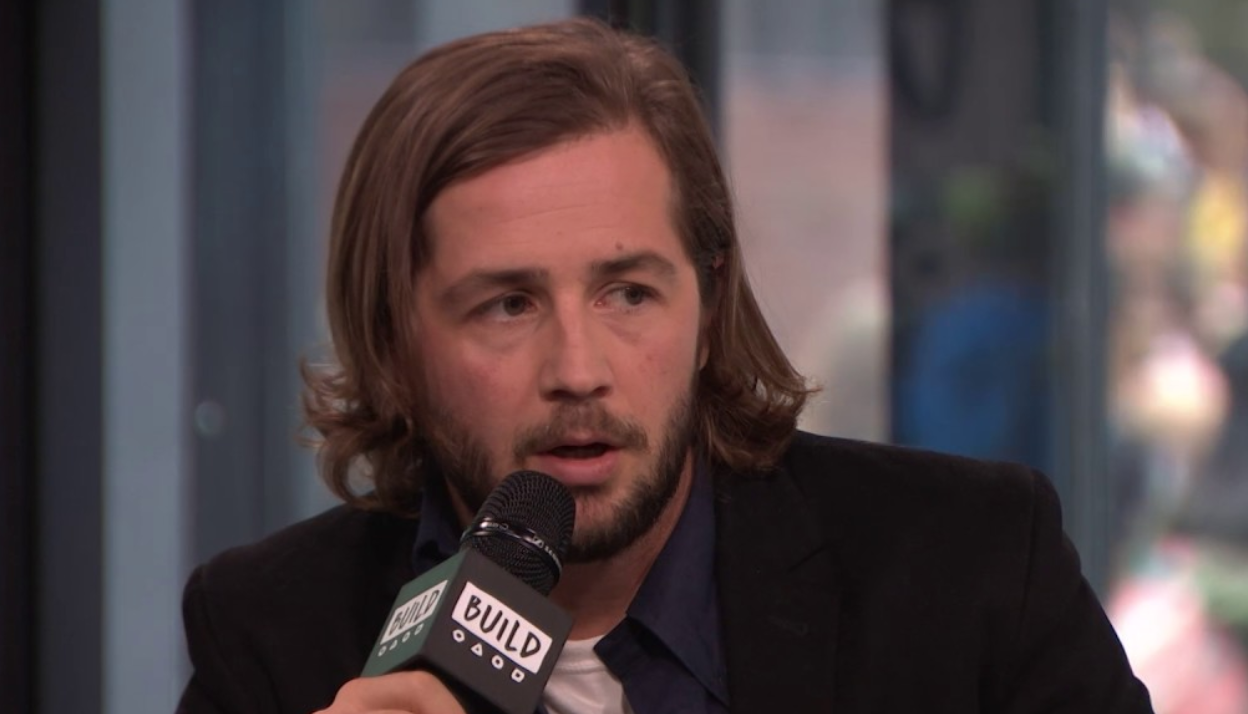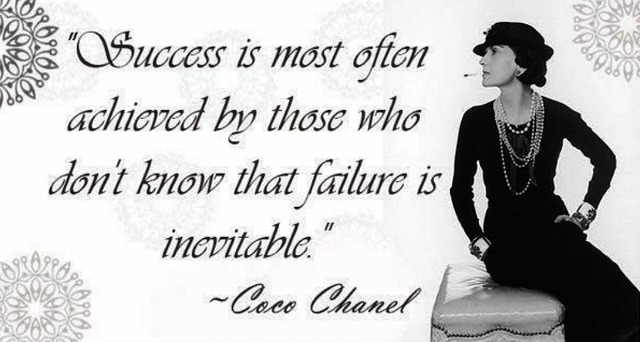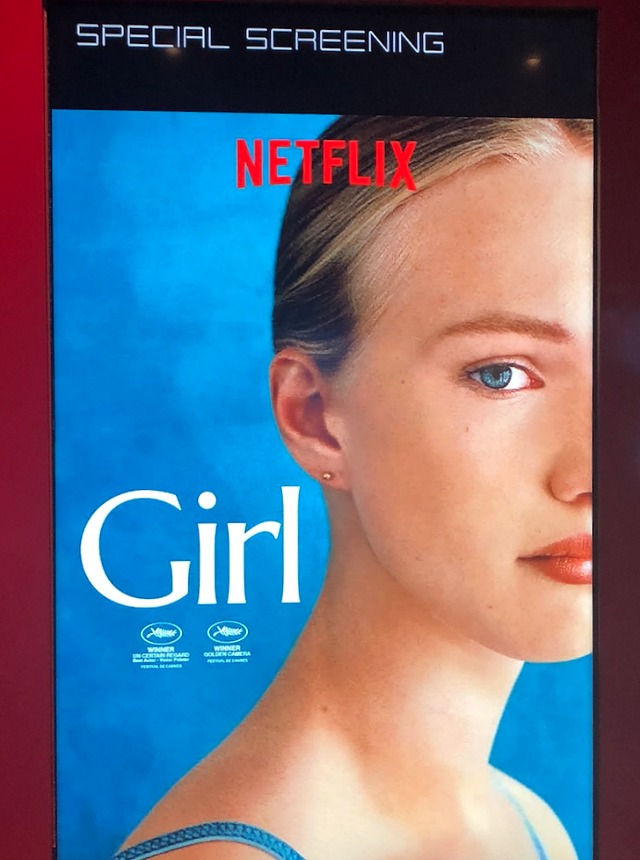I loved John Carpenter‘s original Halloween (’78) but I won’t even see David Gordon Green‘s just-opened rehash, which has earned $77.5 million — the second biggest October haul of all time and only $3 million less than what Venom earned a week or two ago.
I spit on the sensibility of those lowlifes who adore megaplex horror and complain that films like Hereditary aren’t scary enough. I regard these people as the dregs of cinema culture. By the way: Get Out isn’t really an elevated horror flick — it’s a racially-stamped, comic-flavored remake of The Stepford Wives, which makes it an in-betweener.
I knew from the instant that I read a Jeff Sneider tweet that he was hot to see Halloween during the Toronto Film Festival…I knew then and there it would be the same kind of wallowing broad-brush horror film that It was, and I hated that film with every fibre of my being.
I realize that my refusal to soil myself with an actual viewing of Green’s Halloween is going to result in some pushback, but my nose knows. “You don’t need proof when you have instinct.” — Lawrence Tierney in Reservoir Dogs.
Most of the critics were too cowardly to take swipes, but a few stood up. One was Boston Herald critic Jim Verniere, whom I’ve known since the early ’80s and whose taste is often in synch with my own or vice versa. So if Verniere thinks a movie more or less blows, that’s good enough for me.
Excerpts: “This new Halloween is not the worst or the best of the 10 we’ve had since John Carpenter’s 1978 classic. But at a time when we’ve seen innovative shockers like Get Out and Hereditary, do we really need a Halloween mixing Danny McBride-style (he co-wrote the script) dumb comedy in between gruesome murders from the original film?
“Like the original, David Gordon Green‘s Halloween telegraphs who is going to get killed next by knife, ax, hammer, knife again, Dyson vacuum, whatever.
“Jamie Lee Curtis‘s Laurie Strode could be the heroine of every woman afraid of a crazy, violent ex-husband. But no — we do not go there.
“Instead of a new Halloween, they should have remade Carpenter’s They Live — the Get Out of 30 years ago.”









